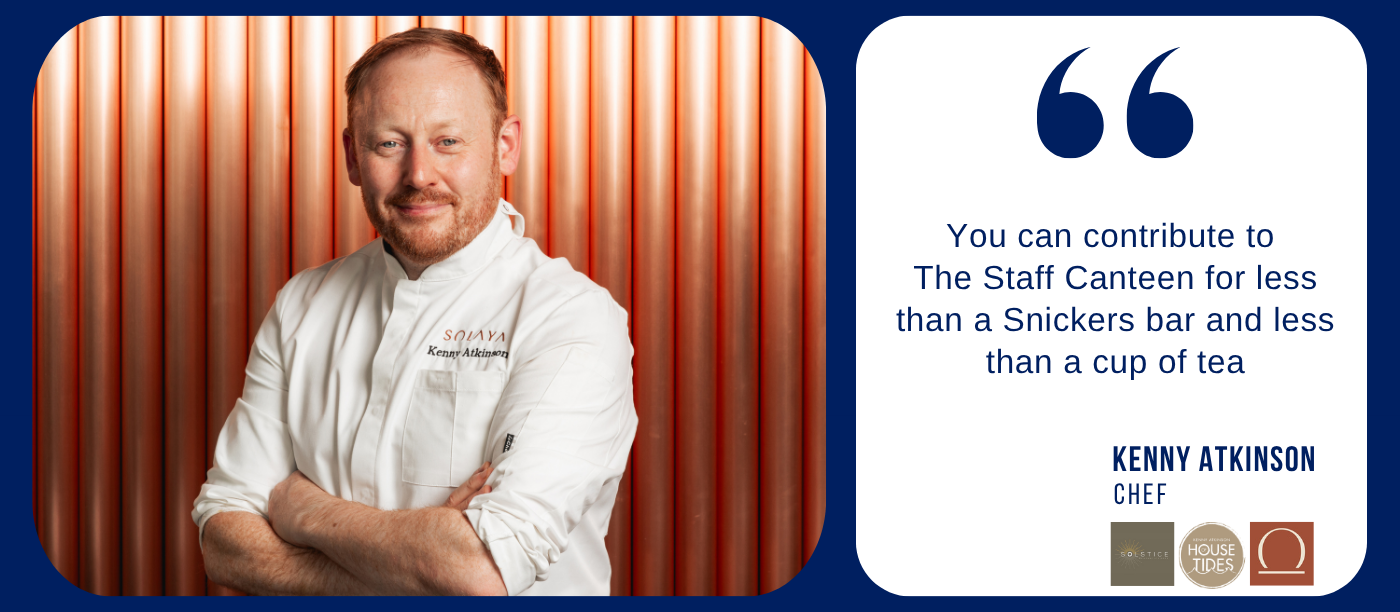Farm Caff is the bold new restaurant at Higher Farm, serving up standout dishes in the heart of Somerset.
Nestled on the outskirts of historic town Castle Cary, Farm Caff offers organic regenerative food alongside a revolutionary farming project.
Founded by dynamic brotherly due Giacomo and Matteo Grasso, the project at Higher Farm shows how the UK food system can shift from industrial methods to sustainable ones that support the environment, boost the local economy, and create healthier, better-tasting food.
Chef director George Barson began his career at River Cottage in Devon, where he quickly rose to sous chef. He then moved to London, working at top kitchens like Viajante with Nuno Mendes, Dinner by Heston Blumenthal, and later as development chef at Jamie Oliver’s Fifteen.
In 2017, he became Head Chef at Kitty Fisher’s in Mayfair and was promoted to chef director, helping to open Cora Pearl in Covent Garden.
In 2022, George moved to Somerset to open the Beckford Canteen in Bath, earning critical praise, before joining Higher Farm in late 2024.

The Staff Canteen spoke with George about the exciting new restaurant.
'Where the Field Meets the Kitchen'
He said: “I think the phrase ‘farm-to-table’ has become a bit of a buzzword - everyone says it, because technically all food comes from a farm somewhere. But here, it’s genuinely that. Veg is grown just across the field, and if I need more of something, I can just run out and pick it or ask someone on the farm. That direct connection - between the field and the kitchen - is really rare, and it feels meaningful. It’s what makes the food here feel grounded and honest, Farm Caff is where the field meets the kitchen."
SUSTAINABILITY
“Sustainability here isn’t just a marketing term- it’s actually the foundation of how we operate. The veg dictates the menu. The team sends me a list each Sunday of what’s being picked the following week, and that forms the core of what we cook. We’re predominantly vegetarian, with a little dairy, and that’s because it makes the most sense for this project. We try to use what’s in season, what’s nearby, and keep things simple but thoughtful.”
HANDS ON IN THE KITCHEN
“Usually when you reach a senior position, you end up doing less cooking. But here, we all cook and plate our own food - there’s no traditional pass. It means I’m















